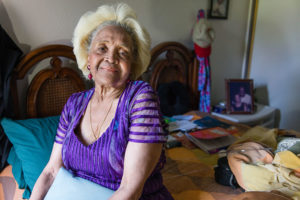Seniors will be able to change plans any time next year if they discover their coverage doesn’t provide what the government’s Plan Finder promised.
By Susan Jaffe | Kaiser Health News | December 6, 2019 | This article also ran on 
Saturday is the deadline for most people with Medicare coverage to sign up for private drug and medical plans for next year. But members of Congress, heal th care advocates and insurance agents worry that enrollment decisions based on bad information from the government’s revamped, error-prone Plan Finder website will bring unwelcome surprises.
th care advocates and insurance agents worry that enrollment decisions based on bad information from the government’s revamped, error-prone Plan Finder website will bring unwelcome surprises.
Beneficiaries could be stuck in plans that cost too much and don’t meet their medical needs — with no way out until 2021.
On Wednesday, the Centers for Medicare & Medicaid Services told Kaiser Health News that beneficiaries would be able to change plans next year because of Plan Finder misinformation, although officials provided few details. [Continued at Kaiser Health News or NPR.] …
 When Christine Williams began working as a nurse practitioner some forty years ago in
When Christine Williams began working as a nurse practitioner some forty years ago in 

